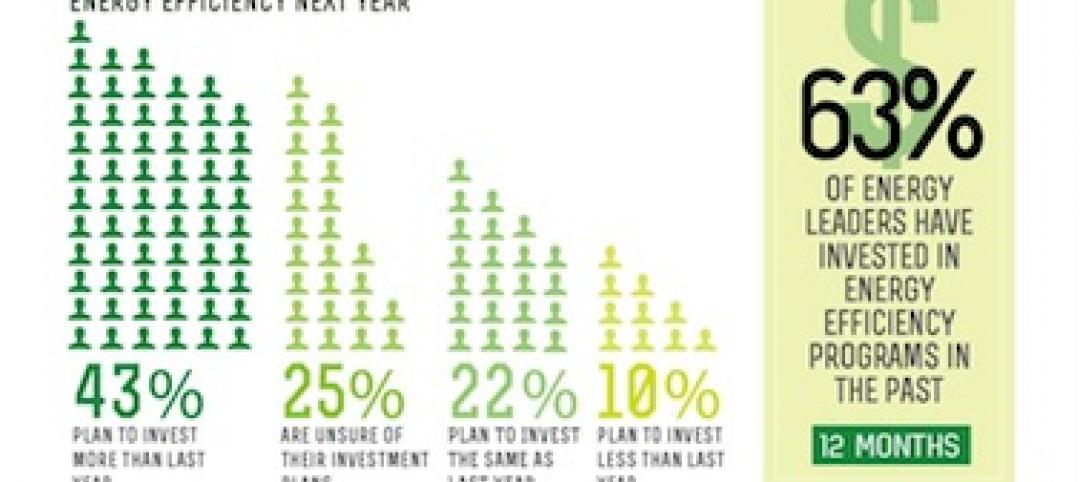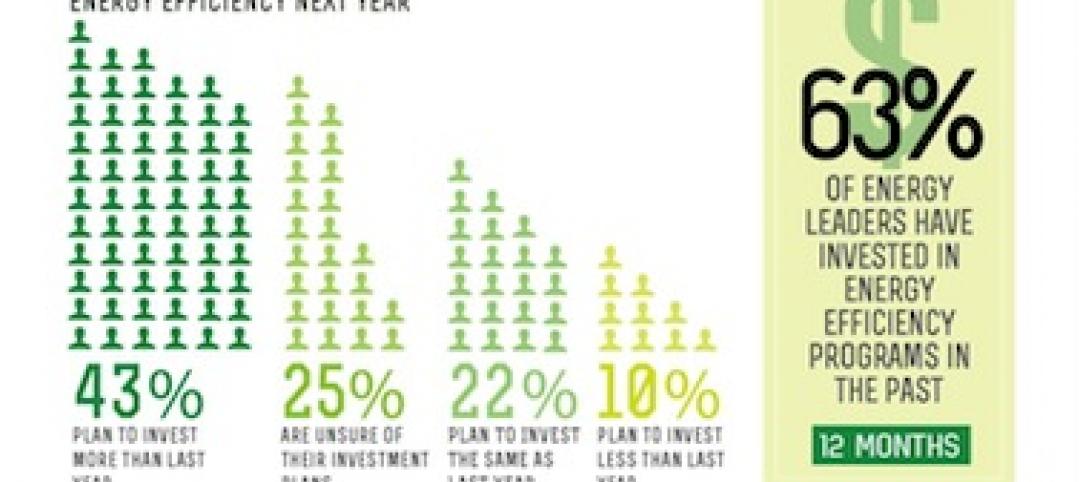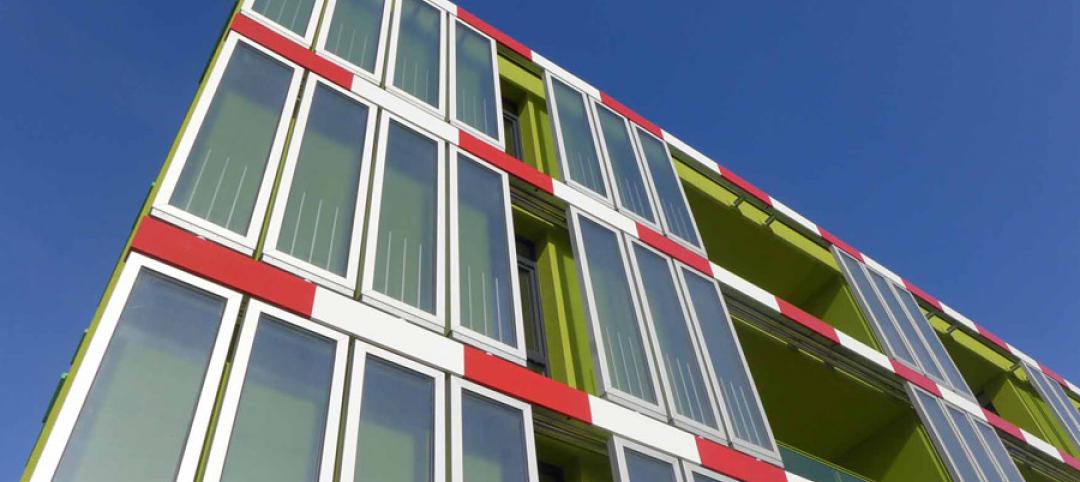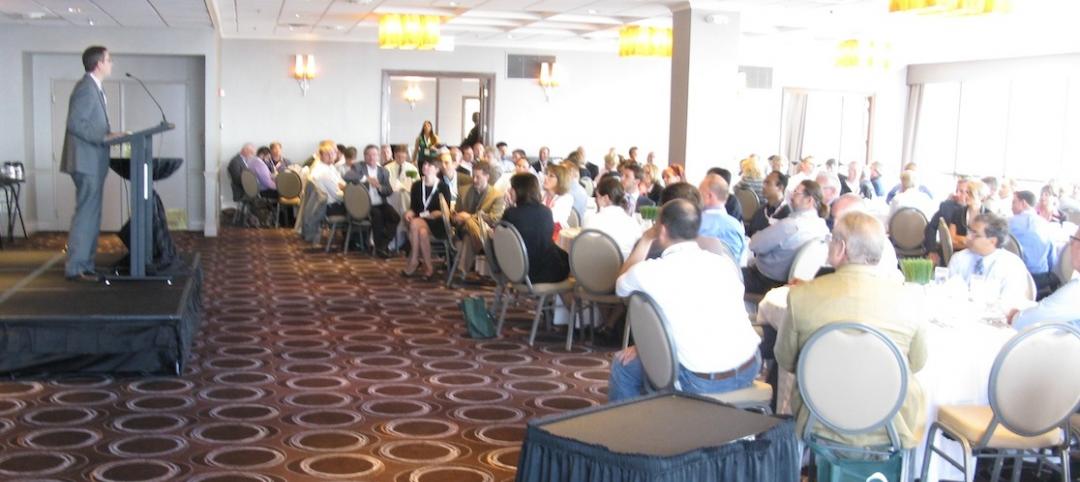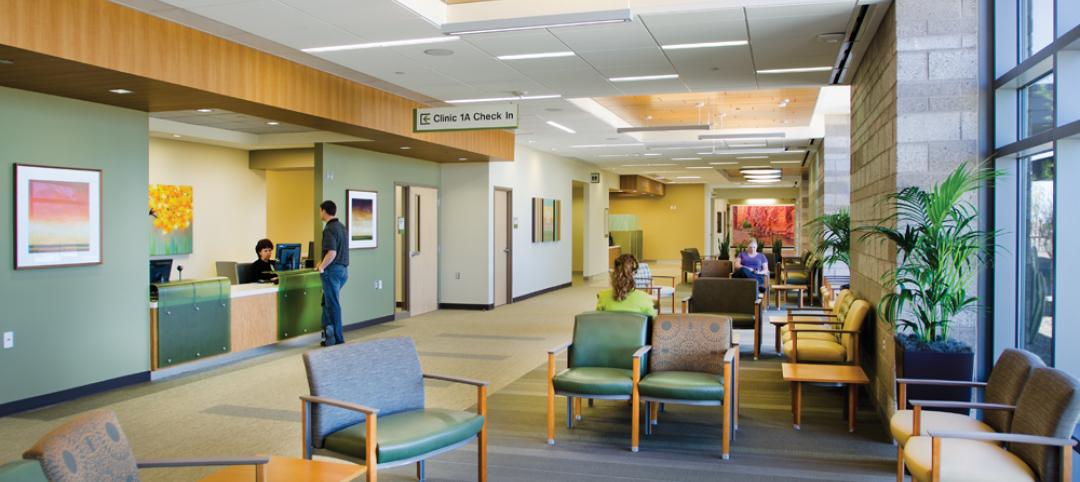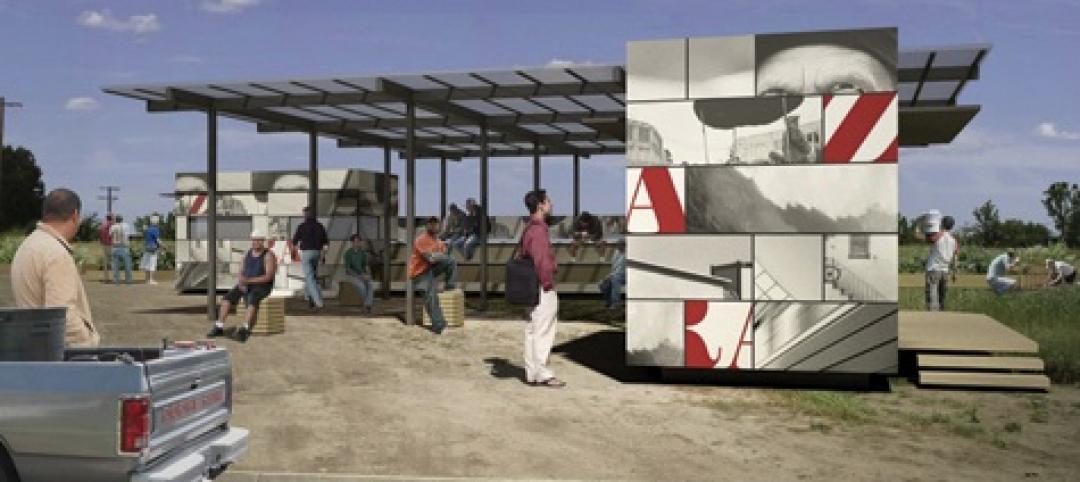Note: This article originally appeared in BD+C's April 2013 AIA/CES course, "Advanced Controls and Exterior Tactics for Better Illumination." This free class is available on BD+C University.
“We don’t specify LEDs,” says Avraham Mor of Lightswitch Architectural. “We specify solid-state luminaires and lamps (SSL) that use LEDs.”
Mor’s correction of this common misuse of the term “LED” is significant, because a problem associated with SSL is often just a problem with a specific LED product. “SSL is the only source to use when trying to meet energy reduction goals while maintaining the look and feel we typically work toward,” he says. “We have had great success, but it takes a great designer and client to manage the entire process.”
In fact, many complaints about LEDs are often attributable to the SSL, and vice versa, leading to complaints about a technology that sometimes fails to meet expectations. But SSL, as Mor says, is really the future of energy reduction; with careful design and specification, it is also the present.
PNNL’s Naomi Miller points to the myriad benefits of LED technology: “Higher lumens-per-watt than fluorescent, good lumen maintenance over time (in some cases better than fluorescent), long life compared to CFL or metal halide, and excellent color compared to almost any conventional light source.” She adds that the small form factors mean LEDs are richly accommodating, allowing designers enormous creative flexibility with space, configuration, and color.
Lumen Architecture’s Nelson Jenkins says blanket substitutions aren’t necessarily a good strategy, however: “Not all LED products match the quality of the other sources we specify.” In addition, price is still an issue. “We find that while the cost of LEDs has come down, they tend to be more expensive than, for instance, a halogen version. But the up-front cost for LEDs can often be offset by the energy savings and reduced maintenance.” Jenkins suggests explaining to clients that SSL will require re-lamping less often—an especially strong selling point in vaulted spaces or exterior applications.
Ultimately, the SSL category is a work-in-progress, not a panacea. “LED is certainly very popular, and many designs would not be possible without it,” The Lighting Practice’s Stephen Hoppe says, referring to exterior applications. “But ceramic metal halide also provides great color rendition and warmth and can often be as efficient as LED.”
James Benya of the California Lighting Technology Center, UC-Davis, has concerns about how codes and standards may be affecting the market for products and systems, particularly LEDs. He hopes to see energy codes and sustainable building standards that do not promote particular technologies.
“The current trend shows a rush to use LEDs,” warns Howard Brandston, founder of Brandston Partnership. “One must determine if LED is the right choice after sifting through the qualities of all the alternate products. There is no change in the design process,” he concludes, “just an additional product to select from.”
Related Stories
| Sep 17, 2013
AIA sees uptick in architecture billings for August
AIA's Architecture Billings Index was 53.8 in August, up from 52.7 the previous month, signaling increased demand for design services nationwide. The West and Northeast regions saw the biggest ABI gains last month.
| Sep 16, 2013
Does brainstorming work?
The idea-generating process known as brainstorming has come under some intense fire recently. Critics contend that it suspends much-needed criticism and conflict while suppressing the creative ideas of introverts.
| Sep 16, 2013
Forty-three percent of energy leaders will invest more in efficiency next year (infographic)
Forty-three percent of energy leaders say their investment in energy efficiency next year is projected to be more than it was last year, according to survey results released today by Schneider Electric. Twenty-two percent said their projected investment would stay the same, and 10 percent reported their investment would be less than last year.
| Sep 16, 2013
Forty-three percent of energy leaders will invest more in efficiency next year (infographic)
Forty-three percent of energy leaders say their investment in energy efficiency next year is projected to be more than it was last year, according to survey results released today by Schneider Electric. Twenty-two percent said their projected investment would stay the same, and 10 percent reported their investment would be less than last year.
| Sep 16, 2013
Construction spending hits four-year high in July: AGC report
Total construction spending hit a four-year high in July as private residential and nonresidential activity increased while public spending declined, according to an analysis of new Census Bureau data by the Associated General Contractors of America. Association officials urged lawmakers in Washington to make infrastructure investment a top federal priority before funding runs out at the end of September.
| Sep 13, 2013
Loews Hotels & Resorts announces major cross-portfolio upgrades
Loews Hotels & Resorts is currently in the midst of a major growth and property redesign initiative, reflecting a strong national trend in hospitality renovation.
| Sep 13, 2013
Video: Arup offers tour of world's first algae-powered building
Dubbed BIQ house, the building features a bright green façade consisting of hollow glass panels filled with algae and water.
| Sep 11, 2013
Inaugural BUILDINGChicago/Greening the Heartland Expo & Conference draws attendees from 27 states
More than 500 attendees from 27 states attended the inaugural BUILDINGChicago/Greening the Heartland Conference, held September 9-11, at the Holiday Inn Chicago Mart Plaza.
| Sep 10, 2013
The new medical office building: 7 things to know about today’s outpatient clinic
Regulatory pressures, economic constraints, and emerging technologies are transforming healthcare. Learn how Building Teams are responding with efficient, appealing, boundary-blurring outpatient buildings.
| Sep 6, 2013
Public Architecture's Day Labor Station: Just the type of 'great idea' we're looking for in the $5,000 Vision U40 competition
Thinking about competing in BD+C's Vision U40 program at next month's U40 Leadership Summit? Here's a good example of the kind of "great idea" we're looking for.





